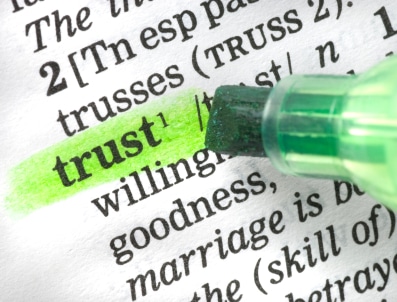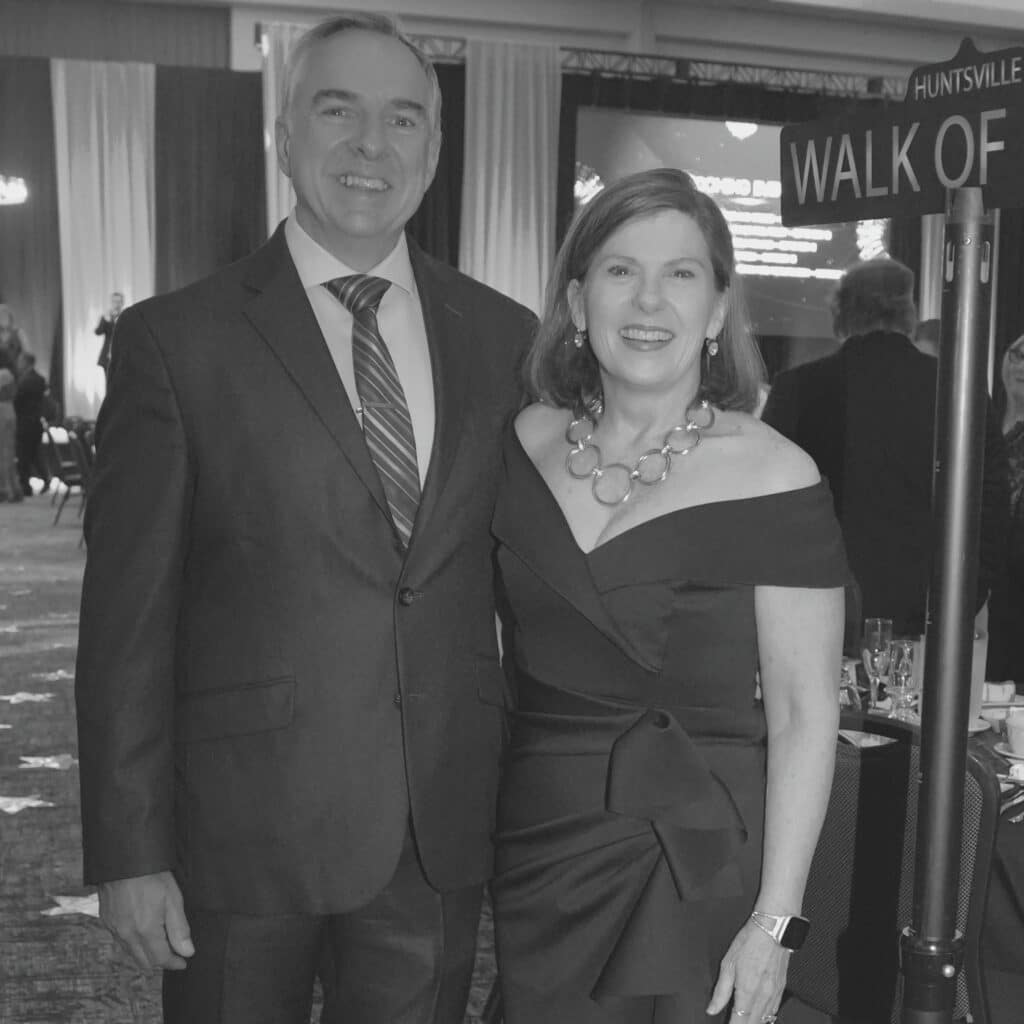09 Apr It’s not who you know, it’s how they feel about you
Trust is Key to Great Relationships
I’ve often heard that in business it’s not what you know, but who you know. I think to be more precise, it’s not even who you know, but rather how the people who know you feel about you. Your results rely on the quality of your relationships. Success in most fields is built on deep relationships – think of them as your human capital. These relationships can be with your employees or clients, or even the relationship of your brand with the customer. The truth is, your relationships at work are key to your success, as much as or more so than your knowledge or experience.
Many of us think that being “smart” at your work is critical to being successful. And it is definitely important. However, we often neglect the equally important task of building and maintaining great relationships at the same time. I believe that average performers on the “smart” measure, can go a long way if they have the right relationships in place, and that even major mistakes can be overcome and forgiven if the relationships are strong. On the other hand, it doesn’t help you to have the smartest idea in the room if you can’t get others to listen to you. Just as we learn to be innovative, or solve complex problems and develop new technical skills and knowledge, we need to learn to develop relationships that are positive and which lead to spreading your best ideas and growing your influence.
Building trust is the most fundamental element of great relationships, and it is a skill that can be developed. How many people do you know who would loan you their car for a week? How about $10,000? How many would count on you to keep a deeply personal secret? That list is probably pretty short. There are levels of trust and the goal in relationships is to create deeper trust in almost all of your relationships so that others have a better sense of who you are, what values you hold dear and live by, and how they can expect you to behave when there are not restrictions on you. The lowest level of trust is Deterrence, which implies that I only trust you to abide by the terms of our contract because there are penalties and costs associated with not doing so. This is normally the kind of trust we have in our bank. Our money is there each day because there are laws in place to make sure banks abide by the rules. You want to get beyond this level in most of your business relationships. A new client or boss may start here, and your goal is to help them see you as trustworthy in your own right, apart from your contractual and legal obligations.
You begin to build deeper levels of trust by using trust-builders. Some great examples include:
- Sharing credit. Give others credit for good work, and the help they provide in producing your work product. Generosity with praise and credit shows that you value and respect others and are in it for more than just your own benefit.
- Following through. If you commit to deliver something, make sure you do so. Do it on time, or even early. If you are unable to for any reason, communicate what is happening early and how you can minimize the impact of a delay.
- Listen. Remember the old adage about two ears and one mouth and focus on spending twice as much time listening as talking. Learn to ask great, open-ended questions. Give people your time and attention as a sign of respect and caring. It builds trust!
- Be Vulnerable. Trust is built when others perceive you as honest and open, and that means sharing doubts, shortcoming and failures easily. No one is looking for you to be perfect – they would rather know that you are human, fallible and honest about it. Really.
These actions help other see you as reliable and credible. They begin to trust that you can be helpful to them and the organization. This normally gets you to at least the Knowledge level of trust, where others trust you to behave in a manner consistent with how you have behaved in the past. They count on you, or trust you, because your responses are clear and honest and predictable.
The final level of trust is called Identity. This is a level of trust that you may have with very few people, but which can be powerful when you are able to generate this level of trust. This is the trust you have with someone whose core values and principles you understand, usually because of long experience with them, or a good understanding of what motivates them and how they view they world. We see this most often in long-standing relationships with family or very close friends, but we can begin to touch this level by sharing more openly about our life story, what makes us the person we are today, and the core principles under which we operate.
Even brands can develop this level of trust when we know how they operate, what we can expect to see from them, and when they maintain a consistency of character and values over time.
How could you develop greater trust with the people who have the most influence in your life? What would it mean to develop those deeper trust-based relationships to the course of your career and life?
Related Articles
Ready to fearlessly provide feedback and get positive results?
Our Fearless Leaders MasterClass® Program will help you develop the emotional intelligence and leadership skills needed to have effective conversations.
Sign up to reduce manager overwhelm and employee turnover.





